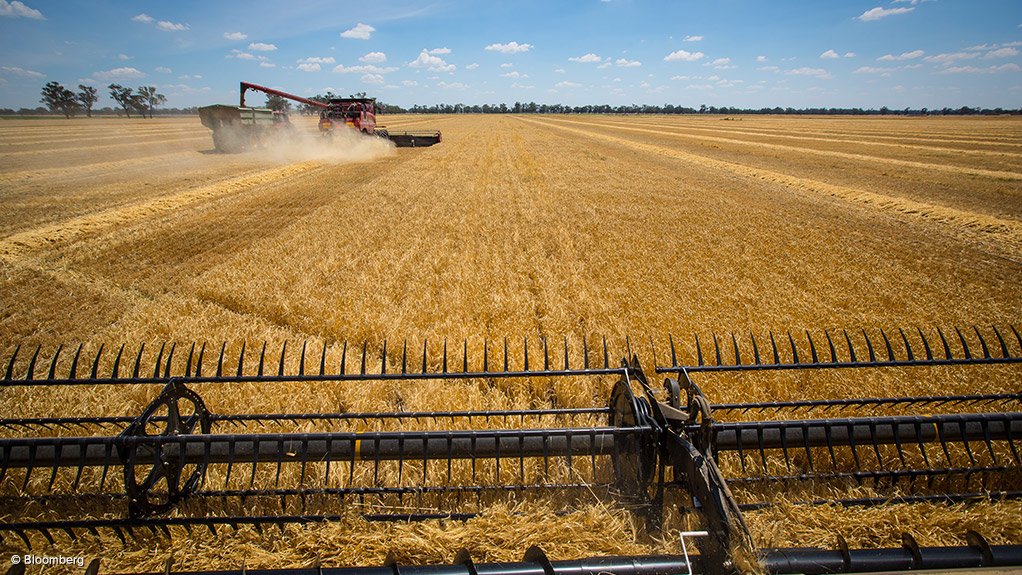/ MEDIA STATEMENT / The content on this page is not written by Polity.org.za, but is supplied by third parties. This content does not constitute news reporting by Polity.org.za.
The majority of the country is currently reporting reasonable to good conditions in terms of crops, veld and livestock, although flooding has resulted in damages in some areas. Parts of the Northern Cape, Western Cape and the Sarah Baartman District of the Eastern Cape continue to experience dry conditions. The average level of major dams has increased in most provinces following the summer rains received.
According to the Seasonal Climate Watch issued by the South African Weather Service dated 31 May 2022, below-normal rainfall is forecasted for the south-western half of the country and notably above-normal rainfall over parts of KwaZulu-Natal throughout the winter season. Both maximum and minimum temperatures are expected to be above normal for most of the country.
The May Famine Early Warning Systems Network (FEWS NET) reported that the start of the main harvest is improving food availability and access across much of the SADC region. Improvements in food security have been observed in northern Malawi, northern surplus-producing areas of Zimbabwe, non-conflict affected northern areas of Mozambique, northern and central Madagascar and northern Democratic Republic of Congo (DRC), where minimal (Integrated Food Security Phase Classification (IPC) Phase 1) outcomes are ongoing. Although areas affected by poor rainfall, cyclones and conflict are likely to face food deficits even in the post-harvest period, with stressed (IPC Phase 2) and crisis (IPC Phase 3) outcomes expected through at least September. These areas include southern Madagascar, southern and central Mozambique, southern parts of Malawi, extreme southern areas of Zimbabwe, and conflict-affected DRC and northern Mozambique.
FEWS NET further reported that macroeconomic challenges and inflation drive increases in food and fuel prices, predominately in the DRC, Zimbabwe and Malawi. In these countries, the minimum expenditure baskets are increasing and causing food access challenges mainly for low-income households in urban areas and poor households in rural areas. The situation has been further impacted by the disruption of global supply chains owing to the Ukraine crisis. In Zimbabwe, parallel market exchange rates have significantly increased, leading to a surge in the cost of food. In Zimbabwe, maize meal and bread prices in ZWL terms increased by approximately 50 and 30 percent, respectively, between March and April.
[The IPC is a set of standardised tools that aims at providing a "common currency" for classifying the severity and magnitude of food insecurity.]
With the current conditions in mind as well as the seasonal forecast, winter crop farmers are advised to wait for sufficient moisture before planting and stay within the normal planting window. As below-normal rainfall is anticipated, farmers are also advised to be conservative in their planting, i.e., planting density/cultivar/area being planted. In addition, they should consider drought tolerant cultivars where possible. Farmers using irrigation should reduce the planting area in line with water restrictions in their zones. Farmers need to follow the weather and climate forecast regularly to make informed decisions.
Farmers are advised to keep livestock in balance with the available grazing and provide additional feed, such as relevant licks. The livestock should also be provided with enough water points on the farm as well as shelter during bad weather conditions. As the veld has recovered in many summer rainfall areas, it continues to dry out during winter thereby increasing the risk of veld fires. Therefore, the creation and maintenance of fire belts should be prioritised as well as adherence to veld fire warnings. Episodes of cold spells and localised flooding resulting from frontal systems are likely during winter and measures should be in place.
Farmers are encouraged to implement strategies provided in the early-warning information issued by the department in the form of monthly advisories and daily extreme weather warnings, and they should check for continuous updates from the South African Weather Service.
The department will partner with all relevant stakeholders to continue with awareness creation in the sector and capacitation of farmers on understanding, interpretation and utilisation of early-warning information for disaster risk mitigation and response.
Issued by Department of Agriculture, Land Reform and Rural Development
EMAIL THIS ARTICLE SAVE THIS ARTICLE ARTICLE ENQUIRY
To subscribe email subscriptions@creamermedia.co.za or click here
To advertise email advertising@creamermedia.co.za or click here











